As summer blazes by, fall is quickly approaching with its promise of crisp weather and warm foliage, along with the event of the year, the Plumier Foundation Fall Gathering.
The Plumier Foundation Fall Gathering will be held at our beautiful, new workshop in Saltsburg, PA, October 17-19.
This will be a jam-packed weekend with presentations from a range of guest speakers, demonstration of complex turning, and endless conversing on all things craft. The program will begin Friday morning at 9 and conclude Sunday at noon. We cannot wait to show off our new home to anyone who has not made it to one of our open shops and throw a party that will properly mark the end a momentous year for the Foundation.
We are excited to announce our speaker lineup:
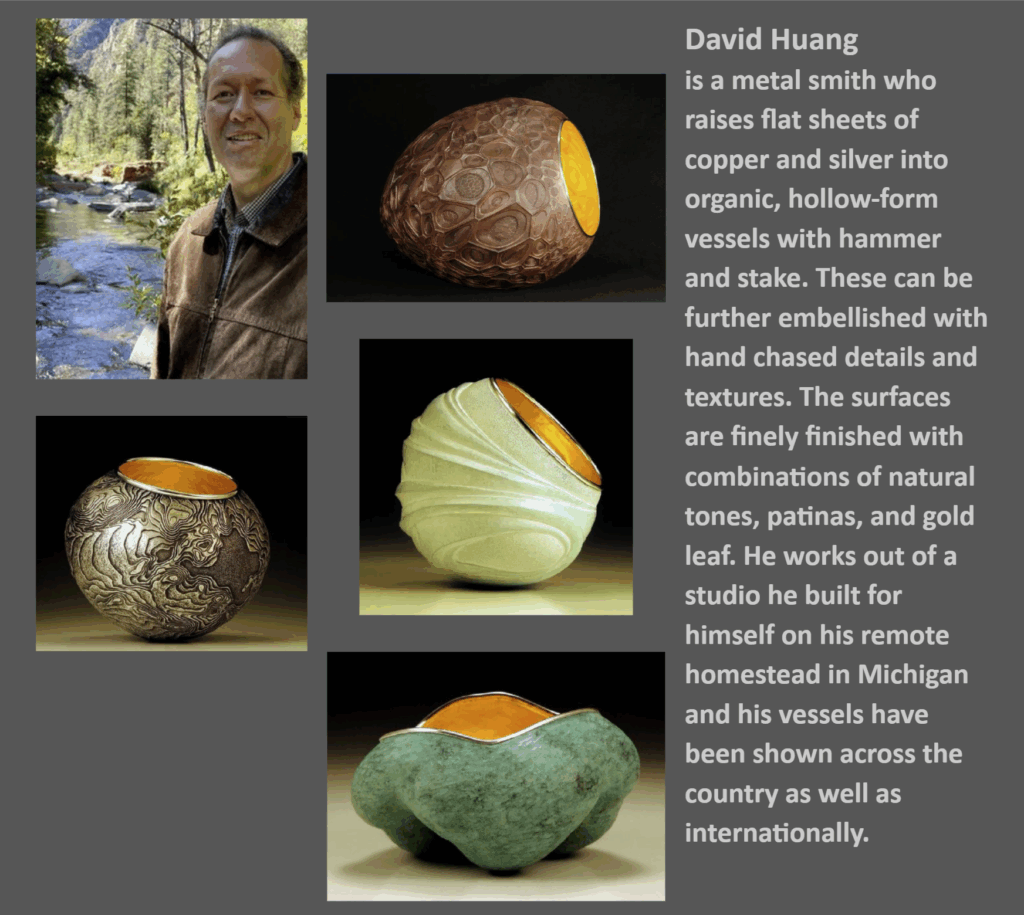
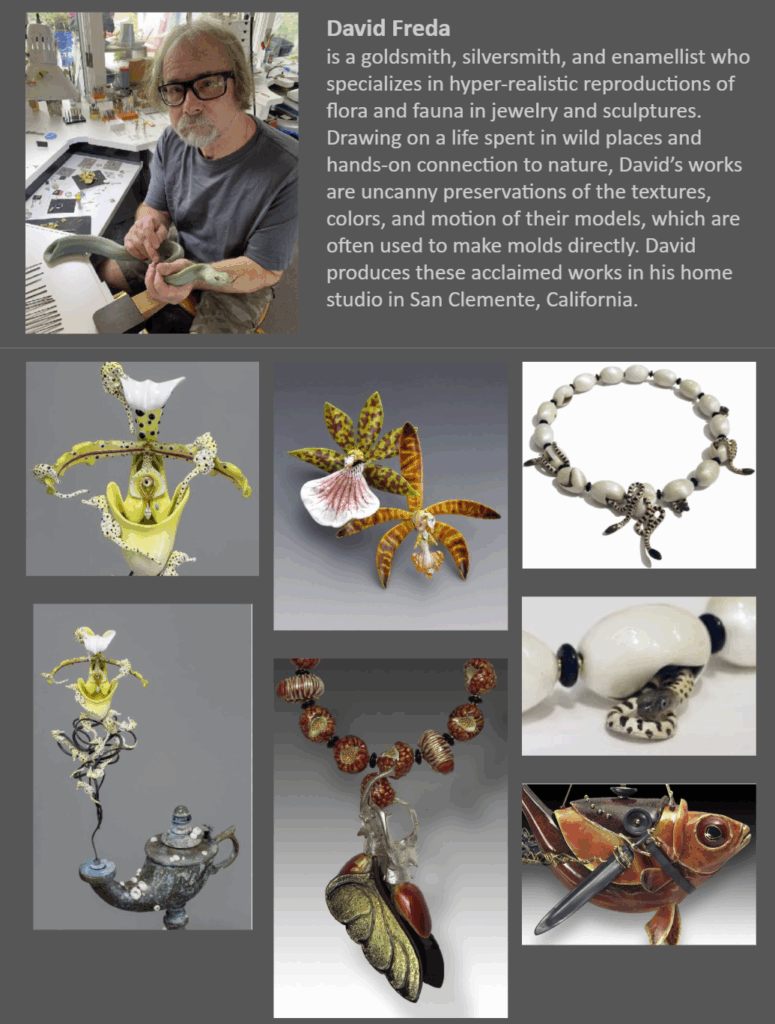
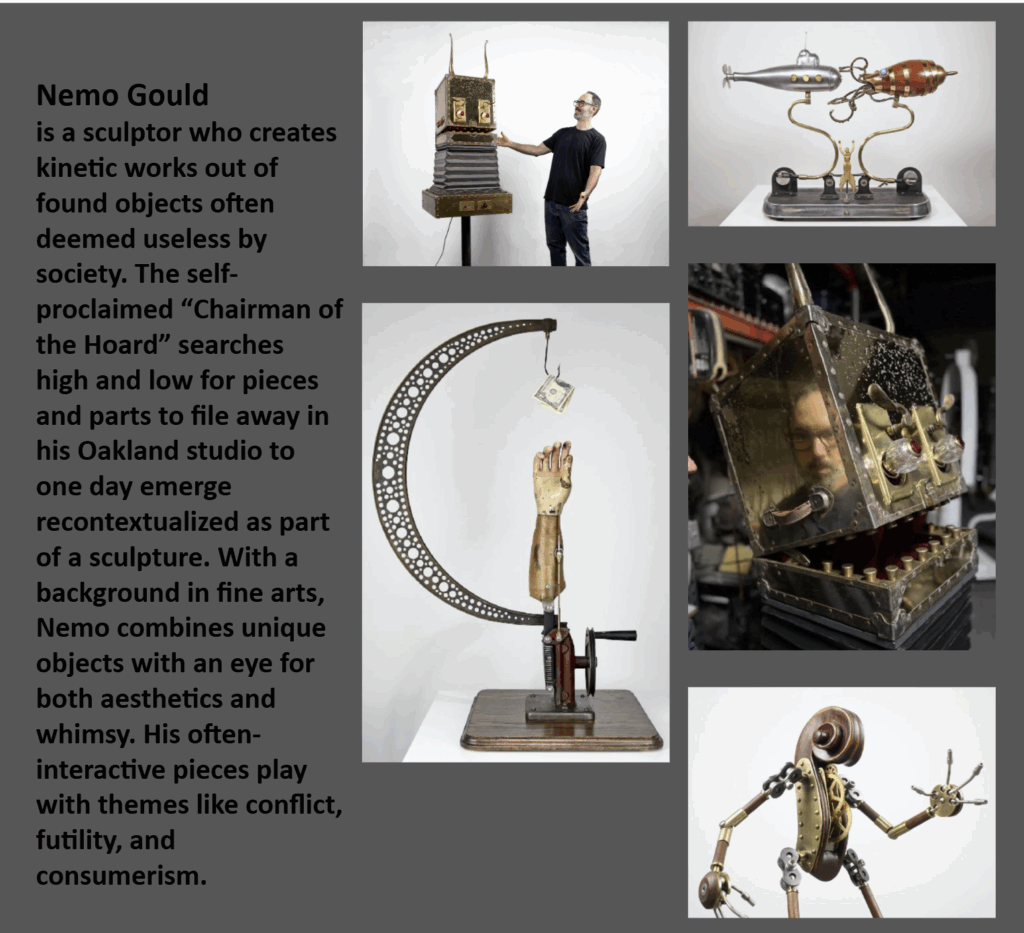
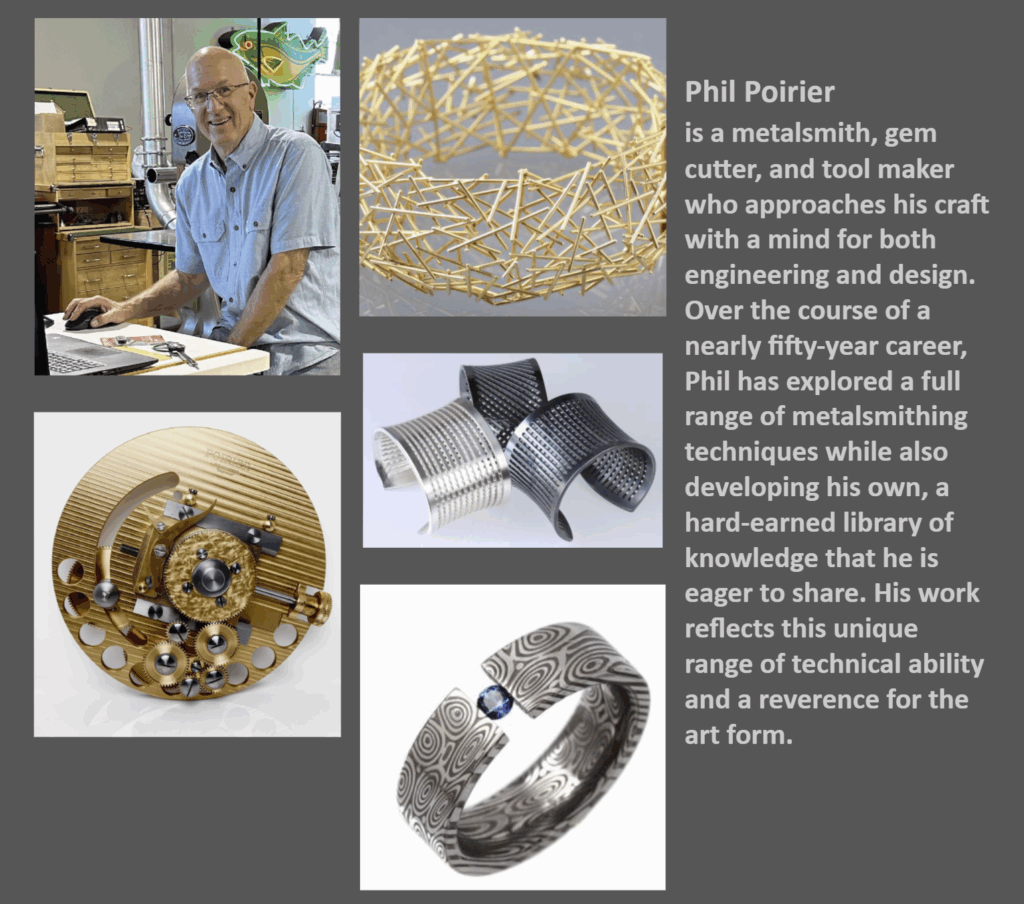
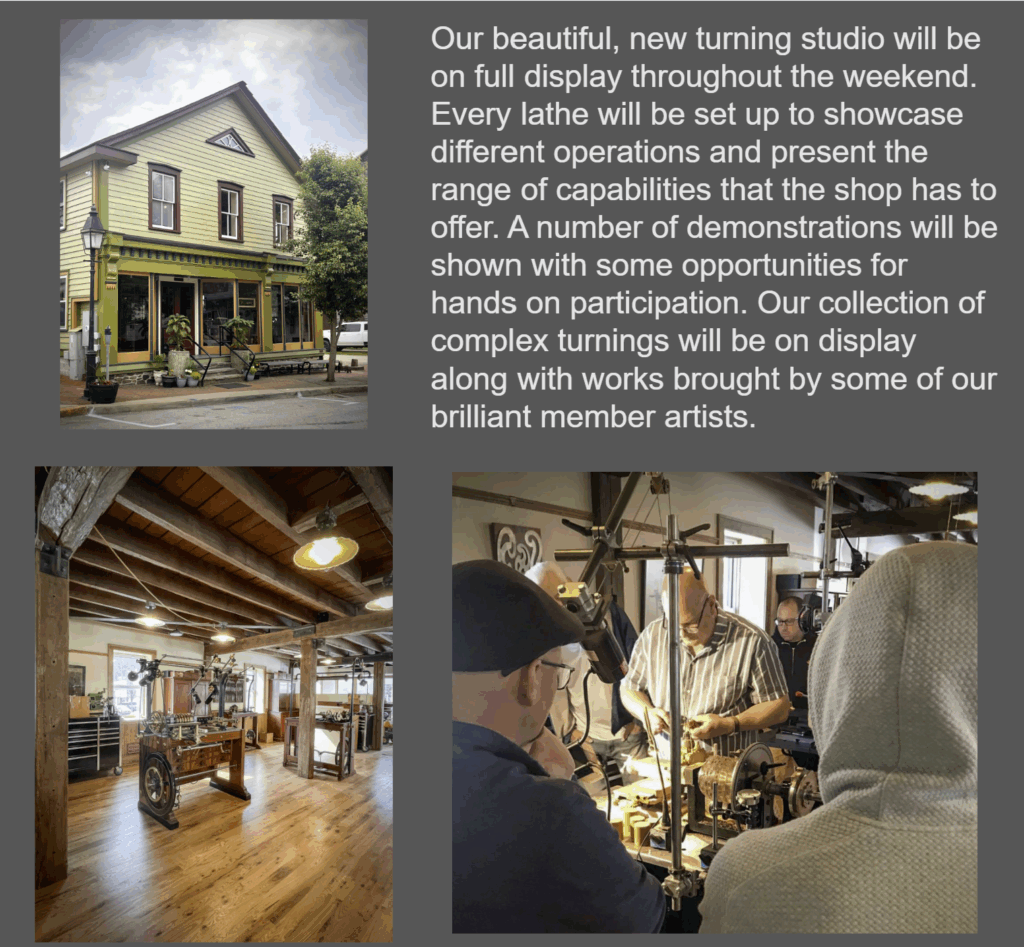
The program will begin Friday morning at 9 and conclude Sunday at noon.
Tickets for the weekend are $650. Plus-one tickets are $150. This will include lunch and dinner on Friday and Saturday.
For accommodations, we will have a limited block of discounted rooms from October 16-21 at the Hampton Inn and Suites Blairsville, which is about 20 minutes from the shop. These rooms must be booked by September 20th, but they probably won’t last that long. Use this link to book online or call and ask for the Plumier Foundation block at (724) 459-5920.
If you are interested in sponsoring a young craftsperson to attend the Gathering, please reach out to David at david@plumier.org. This is a unique opportunity for both education and networking with established professionals that could greatly benefit a determined and eager artist early in their career. This is a central mission of the Plumier Foundation, and we greatly appreciate any direct support to this end.
Please email Jackie to register here: Jackie@plumier.org
Space is extremely limited, so if you are interested, register ASAP.